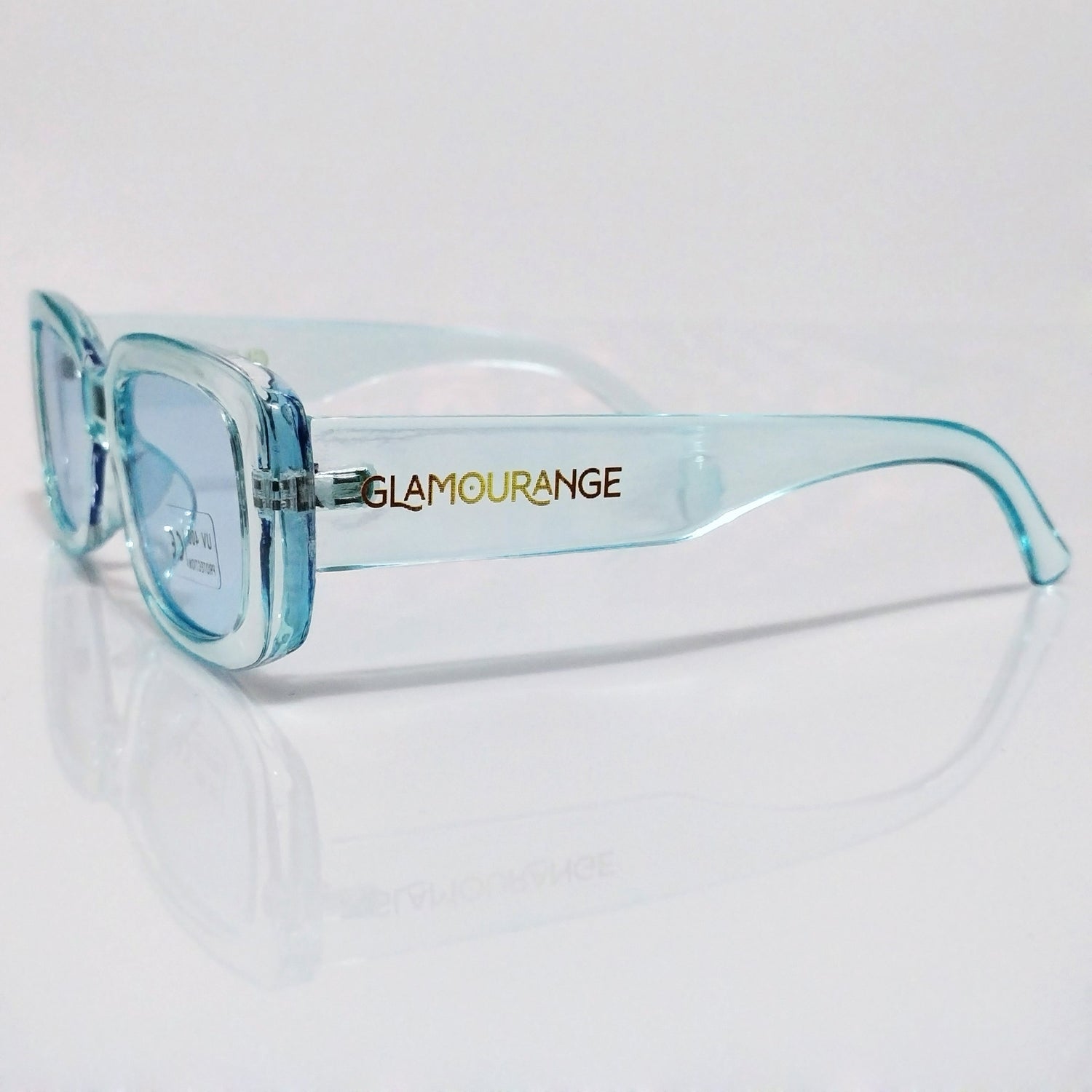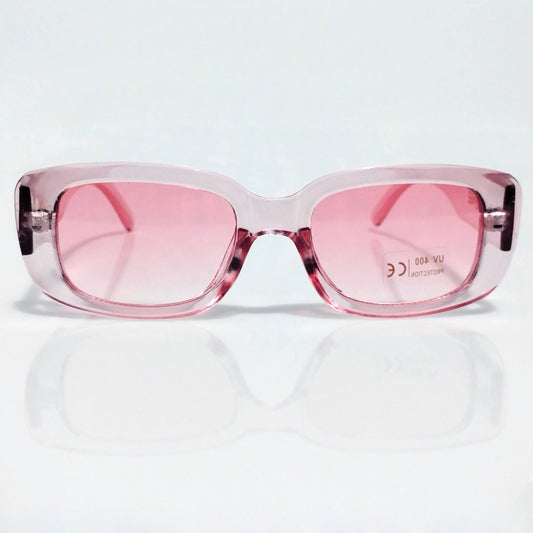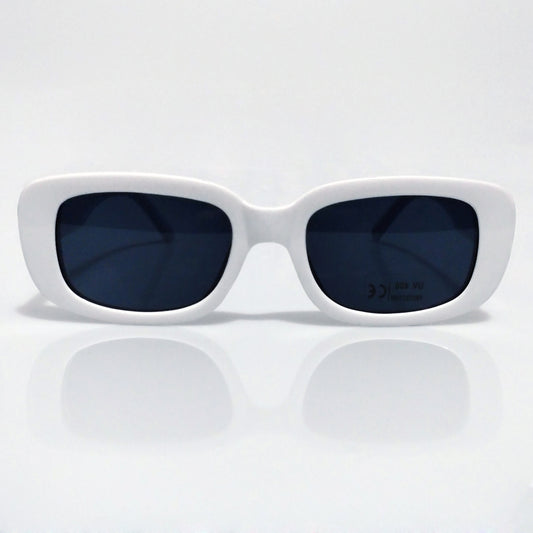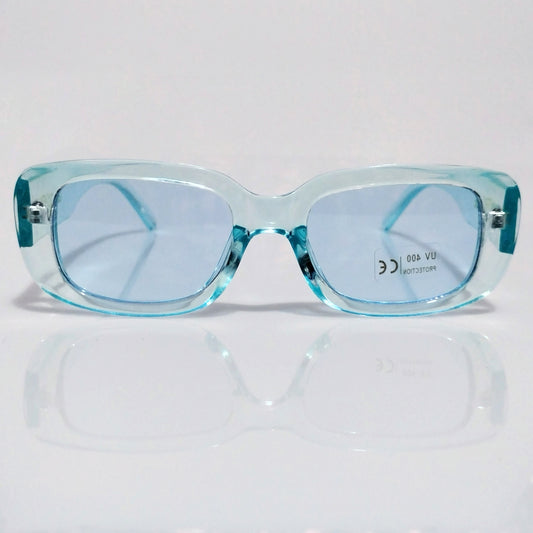
How Does UV Light Damage Eyes? A Comprehensive Guide
SHARE
What is UV Light?
UV light, or ultraviolet light, is a type of electromagnetic radiation that is invisible to the human eye. It is emitted by the sun and various artificial sources, such as tanning beds and welding torches. UV light is divided into three categories: UVA, UVB, and UVC. UVA has the longest wavelength and is the least harmful, while UVC has the shortest wavelength and is the most dangerous.
How Does UV Light Damage Eyes?
When UV light enters the eye, it can cause damage to various structures, including the cornea, lens, and retina. Prolonged exposure to UV light can lead to a range of eye conditions, such as:
- Photokeratitis: Also known as "sunburn of the eye," this condition causes temporary pain, redness, and sensitivity to light.
- Photoconjunctivitis: Similar to photokeratitis, photoconjunctivitis is an inflammation of the conjunctiva, the clear tissue that covers the white part of the eye and the inner surface of the eyelids.
- Cataracts: UV light can accelerate the development of cataracts, a clouding of the lens that causes blurry vision.
- Macular Degeneration: Prolonged exposure to UV light can increase the risk of age-related macular degeneration, a leading cause of vision loss in older adults.
Who is at Risk?
Everyone is at risk of UV-related eye damage, regardless of age or ethnicity. However, certain factors can increase the risk, including:
- Geographical Location: People who live in areas with high levels of UV radiation, such as near the equator or at high altitudes, are at a greater risk.
- Time of Day: UV radiation is strongest between 10 a.m. and 4 p.m., so it's important to take extra precautions during these hours.
- Occupation: Some occupations, such as construction workers and lifeguards, may be exposed to higher levels of UV radiation.
- Medications: Certain medications, such as tetracycline and diuretics, can increase the eye's sensitivity to UV light.
How to Protect Your Eyes from UV Light?
Protecting your eyes from UV light is crucial for maintaining good eye health. Here are some tips to help you stay safe:
- Wear Sunglasses: Choose sunglasses that block 100% of UVA and UVB rays. Look for sunglasses labeled with UV400 or 100% UV protection.
- Wear a Hat: A wide-brimmed hat can provide additional protection by blocking UV rays from reaching your eyes.
- Use UV-Protective Contact Lenses: If you wear contact lenses, consider using ones that offer UV protection.
- Seek Shade: When the sun is at its peak, seek shade or create your own shade with an umbrella.
- Limit Tanning Bed Use: Tanning beds emit high levels of UV radiation and should be avoided.
Conclusion
UV light can cause significant damage to the eyes, leading to various eye conditions and vision problems. It's important to understand the risks associated with UV light and take appropriate measures to protect your eyes. By following the tips mentioned above, you can enjoy the outdoors while keeping your eyes safe and healthy.












